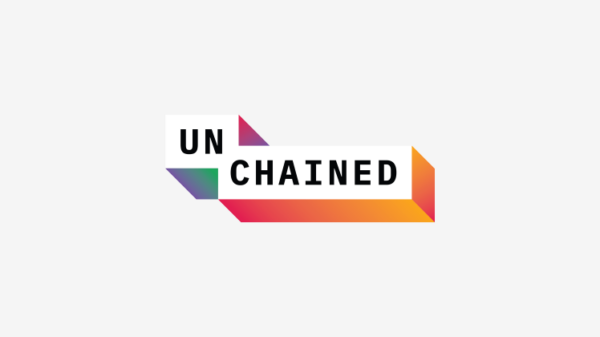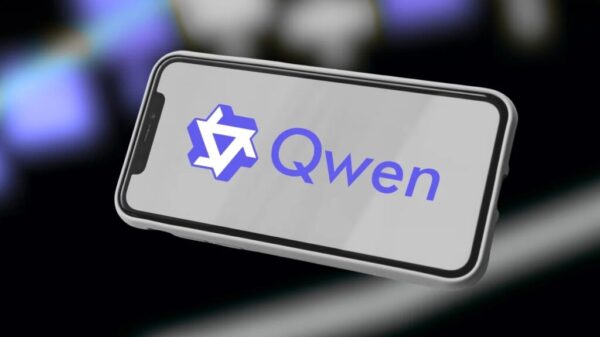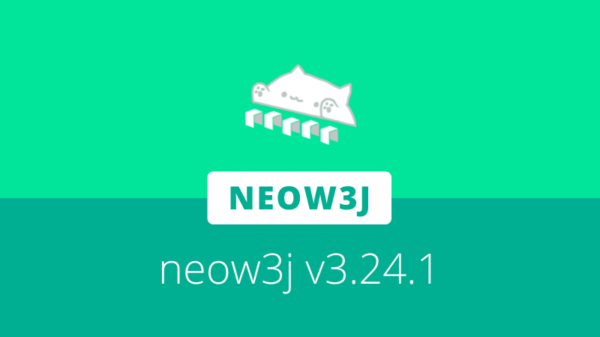In a surprising turn of events, media mogul Kim Kardashian recently disclosed that her reliance on the artificial intelligence tool ChatGPT contributed to her failure in law examinations. During an insightful interview with Vanity Fair, Kardashian candidly discussed the complexities of her relationship with AI, highlighting the challenges even public figures face with technology.
Kardashian admitted, “I use ChatGPT for legal advice, so when I am needing to know the answer to a question, I will take a picture and snap it and put it in there.” However, she noted a troubling pattern: “They”re always wrong. It has made me fail tests.” This statement underscores a significant issue surrounding AI tools—specifically, the phenomenon of AI hallucinations, where systems generate plausible but incorrect information.
These hallucinations arise from several factors: ChatGPT lacks the ability to verify factual accuracy, it predicts responses based on its extensive training data, and its confidence can often obscure inaccuracies. Furthermore, complex legal terminology can lead to misleading outputs, as Kardashian experienced firsthand.
The implications of such AI pitfalls extend beyond celebrity anecdotes. Legal professionals have faced serious repercussions, including sanctions, for incorporating ChatGPT-generated content in legal briefs that cited non-existent cases. The risks associated with AI inaccuracies are particularly concerning in high-stakes fields. A recent assessment identifies various sectors and their corresponding risk levels from AI-generated misinformation:
- Legal Practice: High risk, leading to potential bar sanctions and malpractice claims.
- Academic Research: Medium to high risk, resulting in failed exams and academic penalties.
- Medical Information: Critical risk, with possible misdiagnoses and treatment errors.
- Financial Advice: High risk, which may lead to regulatory violations and financial losses.
Kardashian”s experience serves as a cautionary tale for AI users. Despite understanding the limitations of technology, she revealed her emotional engagement with the AI, stating, “I screenshot all the time and send it to my group chat, like, “Can you believe this b—- is talking to me like this?”” This illustrates how users can develop real emotional responses to AI interactions, which can cloud their judgment.
Key takeaways for anyone utilizing AI tools like ChatGPT include the necessity of verifying AI-generated information against trusted sources, recognizing that high confidence in a response does not equate to accuracy, and understanding AI”s limitations, particularly in specialized fields such as law. Kardashian”s journey with ChatGPT highlights the importance of maintaining a critical perspective when integrating AI into daily decision-making processes.
As artificial intelligence continues to permeate various aspects of life, it remains crucial for users to uphold a healthy skepticism and verification practices when relying on these advanced technologies.















































































